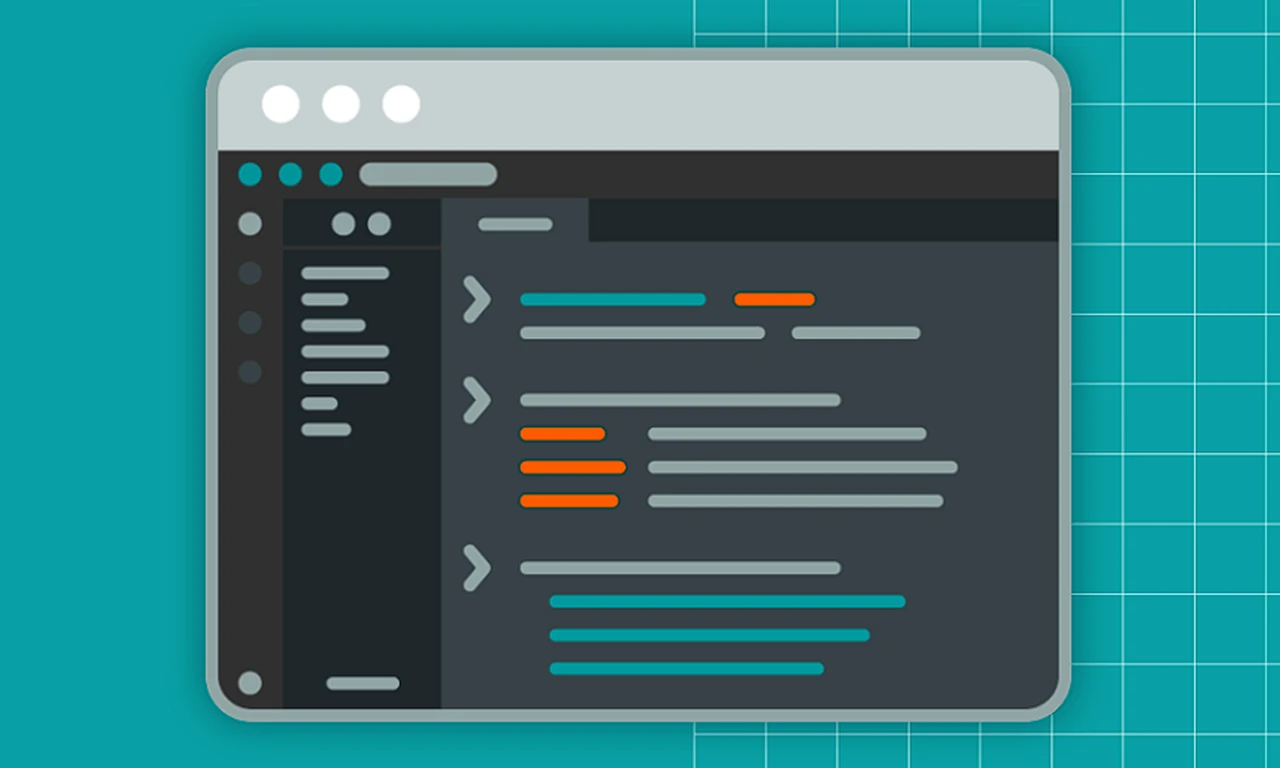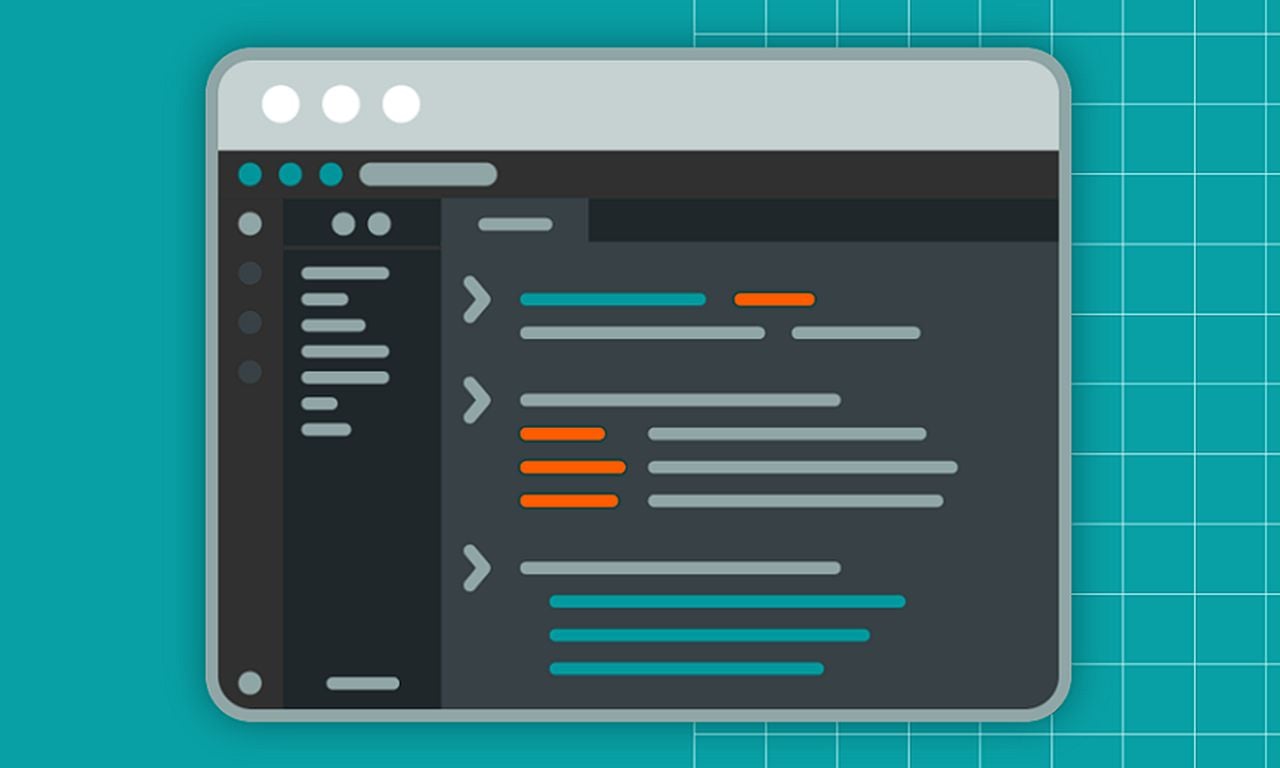
The Arduino development team has recently unveiled the latest version of their Integrated Development Environment (IDE), version 2.3, which brings a host of improvements to the platform. This update is particularly exciting for electronics enthusiasts and professionals alike, as it introduces a stable debugging feature that promises to make coding more reliable and efficient. The Arduino IDE is known for its user-friendly interface and wide adoption among those involved in electronics and programming, and this new release is set to enhance that reputation further.
One of the most notable changes in the Arduino IDE 2.3 is the transition of the debugging feature from an experimental phase to a stable release. This development is significant because it allows users to identify and resolve errors in their code with greater accuracy. Debugging is a critical step in the development process, and having a stable tool integrated into the IDE means that users can now troubleshoot their projects with confidence. The Arduino team has focused on creating a solid foundation with this update, which not only introduces new features but also refines the overall functionality and user experience.
Arduino IDE 2.3
The evolution of the debugging tool is a testament to the Arduino team’s commitment to providing valuable resources to developers. It is now based on a standardized framework, which ensures consistency when debugging across different Arduino boards. This standardization is crucial for developers who work with multiple boards and need a reliable tool that can adapt to various environments.
In addition to the improved debugging capabilities, the Arduino IDE 2.3 also extends support to the Mbed core. The Mbed core is a framework that supports the infrastructure necessary for debugging, and all Arduino boards that utilize this core are now supported. This means that a wider range of hardware can benefit from the enhanced debugging features. Furthermore, the Arduino team has announced that there will be future support for Renesas-based boards, which will expand the compatibility of the IDE even further.
Espressif
Collaboration with the open-source community and companies like Espressif is a cornerstone of the Arduino IDE’s development. These partnerships are vital for ensuring that the IDE continues to evolve and meet the needs of its users. As a result of this collaborative approach, future updates to the Arduino IDE will include compatibility with devices such as the ESP32. This is great news for developers who use Espressif’s popular boards, as it will allow them to take advantage of the Arduino IDE’s features and community support.
The release of Arduino IDE 2.3 with its stable debugging tool is a significant step forward for developers who rely on the Arduino platform. The move from an experimental feature to a stable release underscores the Arduino team’s dedication to creating a reliable and user-friendly environment for coding and troubleshooting. By embracing open standards and fostering collaboration with the broader open-source community, the Arduino IDE is set to remain an essential tool for developers around the world. This update is sure to be welcomed by the Arduino community and will likely encourage even more innovation and creativity in the field of electronics and programming. For more information jump over to the official Arduino download site.
Filed Under: Technology News, Top News
Latest timeswonderful Deals
Disclosure: Some of our articles include affiliate links. If you buy something through one of these links, timeswonderful may earn an affiliate commission. Learn about our Disclosure Policy.

